Search
Research
Psychological and self care outcomes for children and adolescents living with type 1 diabetes and their caregivers attending diabetes camp: A mixed methods studyDiabetes camps for children and adolescents living with Type 1 Diabetes (T1D) offer an important opportunity to foster self-efficacy and 'common humanity', a sense that they are not alone in their challenges. The current study primarily aimed to assess whether psychological wellbeing, diabetes self care behaviours and HbA1c improved amongst campers and their caregivers, and whether these would be sustained at 3- and 6-months.
Research
Play Active Program – physical activity policy and training for Early Childhood Education and CarePlay Active is a national, low-cost, evidence-based program to boost energetic play in early childhood education and care. It offers free professional development for educators.
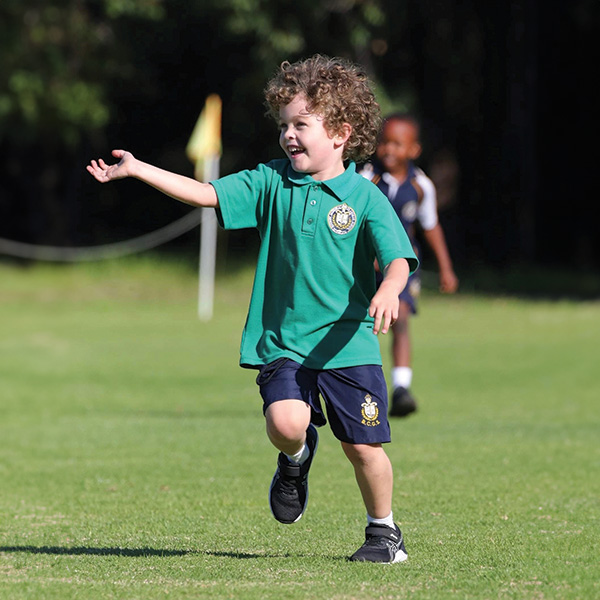
COMBAT CF is one of two long-standing international trials which have resulted in new early intervention options helping to reduce progressive lung damage in kids living with CF.
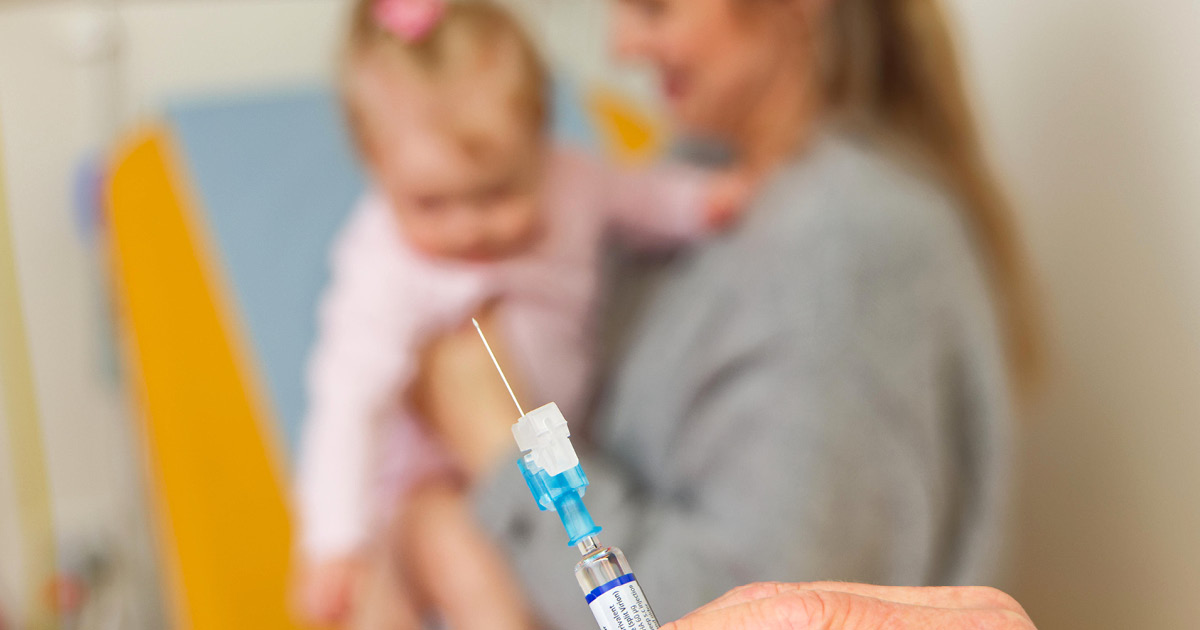
As a leading research site in Australia, the Wesfarmers Centre of Vaccines and Infectious Diseases played an instrumental role in the global effort to develop a world-first RSV immunisation for young babies.
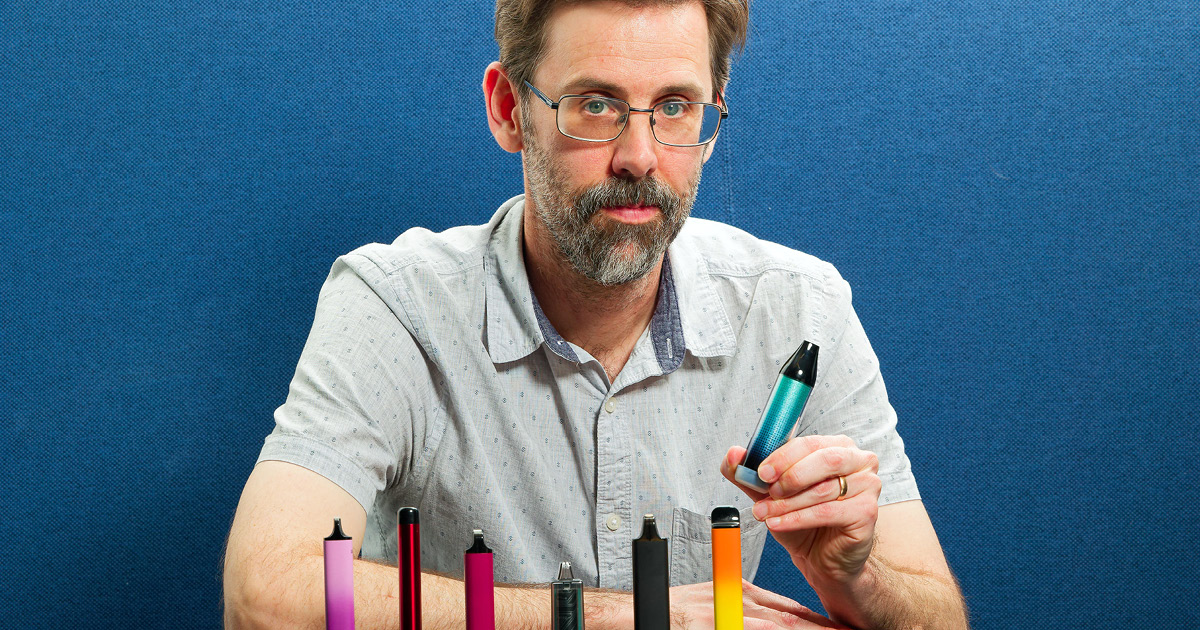
Formative research undertaken by The Kids Research Institute Australia has helped inform tough new laws introduced by the Federal Government to reduce the harm caused by vapes.
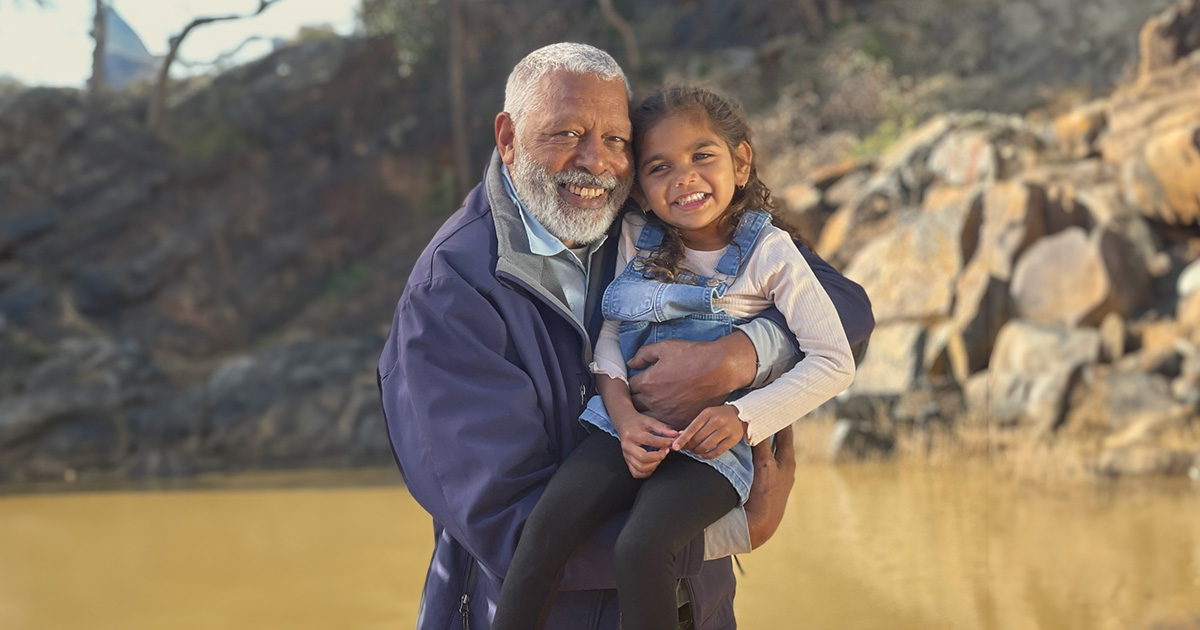
A public health campaign to raise awareness about the dangers of chronic wet cough in Aboriginal children is helping to improve detection, diagnosis and management of the condition.
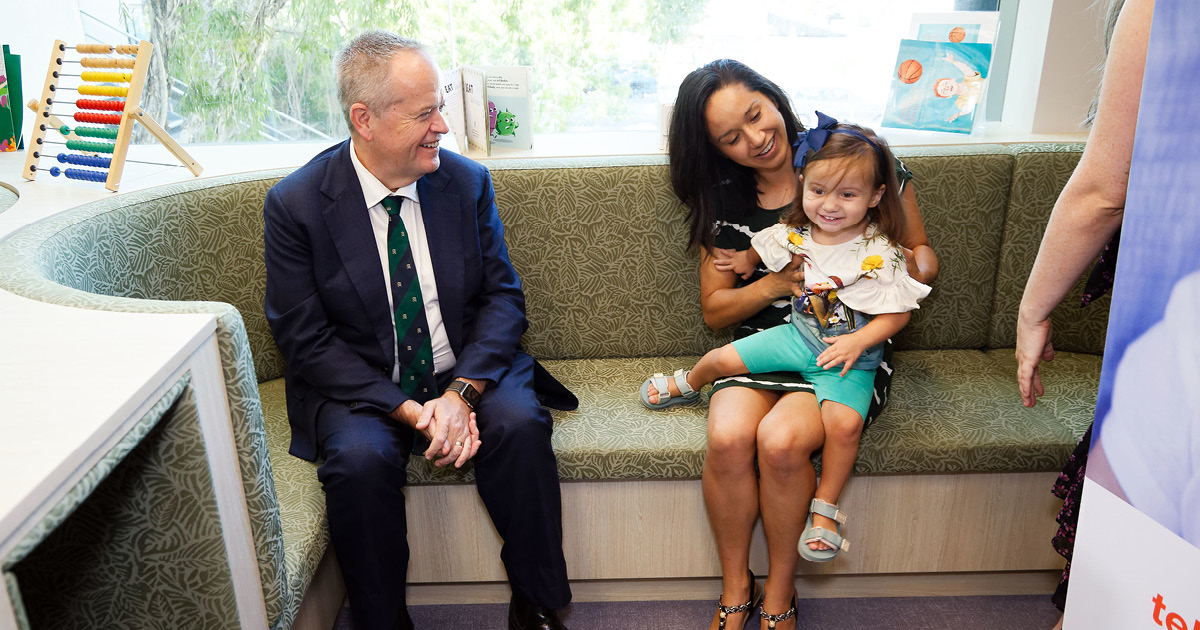
A world-first program for babies with differences in their social and communication skills is aiming to help parents and caregivers better understand the different ways their child communicates.
Research
Centralising Local Aboriginal Language and Culture in Healthy Skin Books on the See Treat Prevent (SToP) Trial in the Kimberley Region of Western Australia: A Process and Impact InquiryLanguage is significant for communicating knowledge across cultures and generations and has the power to attribute meanings and alter our worldviews.
Research
Acute rheumatic feverAcute rheumatic fever is an autoimmune disorder resulting from Group A Streptococcus pharyngitis or impetigo in children and adolescents, which may evolve to rheumatic heart disease (RHD) with persistent cardiac valve damage. RHD causes substantial mortality and morbidity globally, predominantly among socioeconomically disadvantaged populations, with an interplay of social determinants of health and genetic factors determining overall risk.
Research
Azithromycin mitigates human rhinovirus impact on barrier integrity and function in non-diseased airway epitheliumAzithromycin improves symptomology in various chronic airway diseases exacerbated by viral infections. However, the mechanisms underlying the apparent antiviral effects of azithromycin remain unclear.
